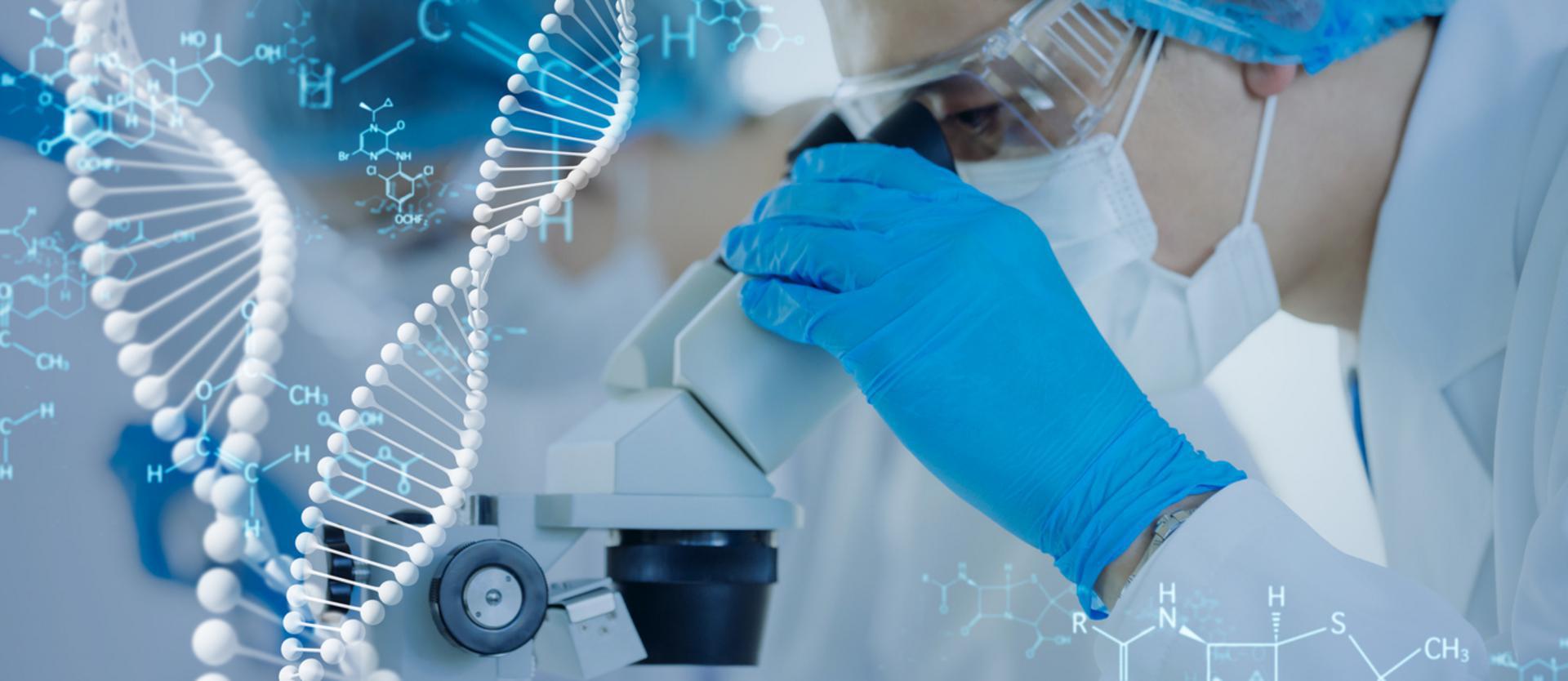
DNA Testing FAQs
Find answers to some of the most commonly asked questions about Health Street's DNA testing services. Learn about the types of tests we offer, the DNA testing process, how to get a DNA test, and what to do with the results.
Looking for a DNA testing clinic? Check out our clinic location finder.
DNA Testing Process
What is the purpose of DNA testing by Health Street?
Health Street offers DNA testing to confirm or rule out close family relationships, including paternity, maternity, grandparent-grandchild, avuncular (aunt/uncle-niece/nephew), sibling, and twins (identical vs. fraternal).
How does the DNA testing process work?
DNA testing for relationship verification involves three steps. First, specimens are collected either at home using a test kit or at a testing clinic. Second, a certified laboratory extracts the DNA from the provided specimens. Third, a doctor performs a statistical analysis by comparing the allele sizes of the 21 chromosomes to determine the likelihood of the biological relationship.
Types of DNA Tests
What types of DNA tests does Health Street offer?
There are several types of DNA tests depending on the relationship you're looking to verify. We offer onsite DNA testing for people who want to visit a Health Street location near them, or at-home DNA tests for those who prefer the privacy of their own home.
A cheek swab is the most common method of collecting a DNA specimen, but alternatives like hair, semen, or fingernails can also be used.
What is the difference between legal DNA tests and home DNA tests?
Legal DNA tests from Health Street provide highly accurate results that are admissible in a court of law. These tests are commonly used for establishing legal relationships, such as paternity, maternity, and other familial connections.
On the other hand, home DNA tests are equally accurate but cannot be used for legal purposes. They are ideal for individuals seeking testing for personal information or peace of mind.
Obtaining a DNA Test
How can I get a DNA test from Health Street?
You can obtain a DNA test by visiting a Health Street collection site near you or by using one of our at-home DNA testing kits. The collection process typically involves a cheek swab, but alternative samples like hair, semen, or fingernails can also be used.
How early can you get a paternity test?
Women who are at least 9 weeks pregnant can receive a prenatal paternity test. Prenatal paternity tests can be done between a possible father and his potential unborn child with zero risks to the fetus.
This is one of the earlier ways of identifying the relationship between a potential father and child. Prenatal paternity testing is non-invasive and 100% safe for both the mother and the unborn child. This is done by a simple blood test, which is drawn from the mother's arm with no needles going near the fetus.
DNA Test Results
How can I get a DNA test from Health Street?
You can obtain a DNA test by visiting a Health Street collection site near you or by using one of our at-home DNA testing kits. The collection process typically involves a cheek swab, but alternative samples like hair, semen, or fingernails can also be used.
How early can you get a paternity test?
Women who are at least 9 weeks pregnant can receive a prenatal paternity test. Prenatal paternity tests can be done between a possible father and his potential unborn child with zero risks to the fetus.
This is one of the earlier ways of identifying the relationship between a potential father and child. Prenatal paternity testing is non-invasive and 100% safe for both the mother and the unborn child. This is done by a simple blood test, which is drawn from the mother's arm with no needles going near the fetus.
Are DNA test results from Health Street accurate?
Yes, Health Street ensures accurate and reliable results. We utilize state-of-the-art technology and follow strict laboratory protocols to maintain the highest level of accuracy in our DNA testing procedures.